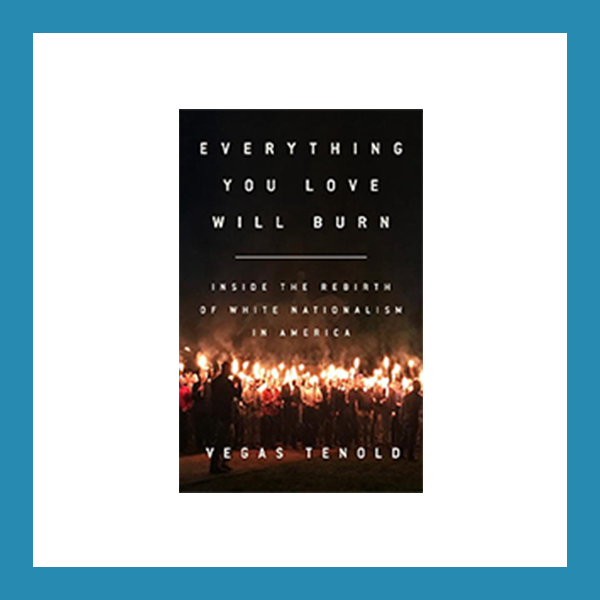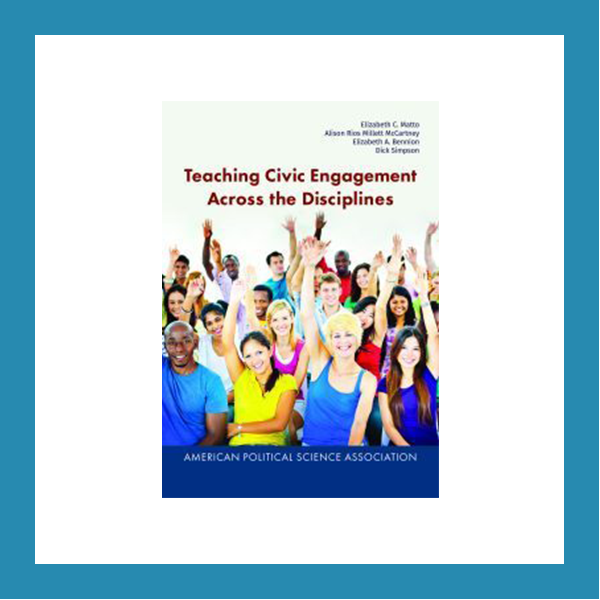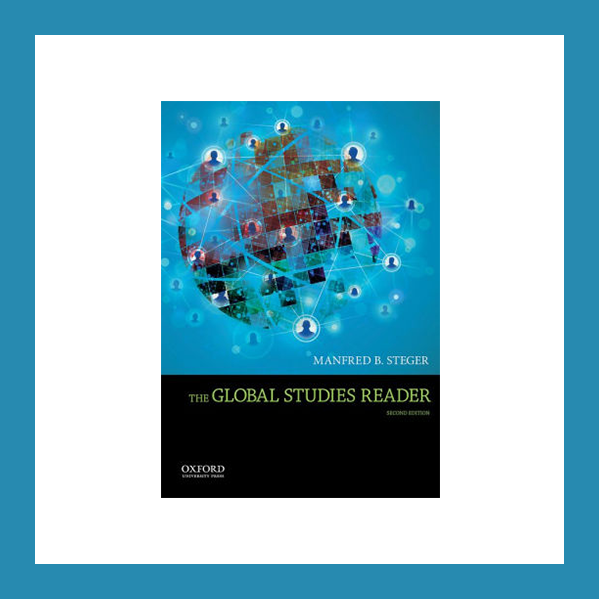Discussed in this review:
How Spaces Become Places: Place Makers Tell Their Stories. Edited by John F. Forester. New Village Press. October 2021. ISBN: 978-1613321423. 320 pages. Paperback, $30.00.
In this age of media overload, education flows, globalization, and transnational capitalism, it is refreshing to get a perspective on how businesses and the professional sector can incorporate community inclusion and emersion into projects to produce a more qualitative approach to meeting humanity’s needs (Friedman, 2016; Phillips, 2018). How Spaces Become Places: Place Makers Tell Their Stories, edited by John F. Forester, directly acknowledges the need for humanity- and ecology-focused education programs. As conveyed eloquently and honestly in the book, developers and space makers often do not take time to learn about culture or community.
Each place maker in the book describes experiences that revealed to them the transactional nature of many initiatives in the United States. Even in communities and neighborhoods where people wanted social equity, many programs and projects were still transactional, with most people willing to give money but rarely time or energy. One of the recurring themes among the stories in the book is the need to know one’s audience. Moreover, the volume centers on community inclusion as crucial for transforming society into a world of rich and meaningful connections instead of cold transactions. Indeed, the book exposes how such rich and meaningful experiences can go beyond the transactional. In the modern digital age, with everyone wanting to be included and share their stories—made apparent, for instance, by the extensive use of social media platforms and the explosion of reality TV shows—How Spaces Become Places shows that it is possible to translate the desire for inclusivity to the professional sector in an effort to create rich, connected communities by creating places instead of spaces.
The experiences of the place makers in the book are not necessarily unique. However, the stories they tell so endearingly are noteworthy because of the sense of community and purpose their work has fostered through inclusion and immersion, and through an understanding of the community’s desires. This point is solidified by the stories of each place maker who had full and meaningful experiences through their community inclusion or emersion projects.
The one flaw of this book is its stated intention to be a layman’s read; the repetitiveness of the content, particularly in the introduction, is typical of a dissertation or scholarly article and comes off as exasperating at times. Yet, ultimately, How Spaces Become Places: Place Makers Tell Their Stories would be a fantastic addition to any university’s architecture, business, or administration programs to incorporate a sense of culture and humanity into the curriculum. It also offers a clear message for future professionals that their ventures should always go beyond the transactional to involve some degree of community inclusion or emersion. The stories in this book express how meaningful society can be when it considers community. These lessons are essential, especially considering the current momentum around socially conscious trends and businesses.
References
Friedman, T. (2016). Thank you for being late: An optimist’s guide to thriving in the age of acceleration. Farrar, Straus &Giroux.
Phillips, P. (2018). Giants: The global power elite. Seven Stories Press.
Author
 Draya Sioux Woolf-Wilson is an author, illustrator, lyricist, vocalist, educator, professor of evolving sexuality, and owner of Two Palm Bliss, an inclusivity and positivity-based brand. Her doctoral work and background are in sociology, philosophy, art, and global studies, focusing on education, ecology, and sexuality. She has dedicated over two decades to inclusivity and ecology for the progress of society. She has written several books in varying genres and created an interactive education-based board game about global challenges, Be Sustainable: Healing the World’s Wicked Woes, which focuses on awareness, critical thinking, and cooperation.
Draya Sioux Woolf-Wilson is an author, illustrator, lyricist, vocalist, educator, professor of evolving sexuality, and owner of Two Palm Bliss, an inclusivity and positivity-based brand. Her doctoral work and background are in sociology, philosophy, art, and global studies, focusing on education, ecology, and sexuality. She has dedicated over two decades to inclusivity and ecology for the progress of society. She has written several books in varying genres and created an interactive education-based board game about global challenges, Be Sustainable: Healing the World’s Wicked Woes, which focuses on awareness, critical thinking, and cooperation.


